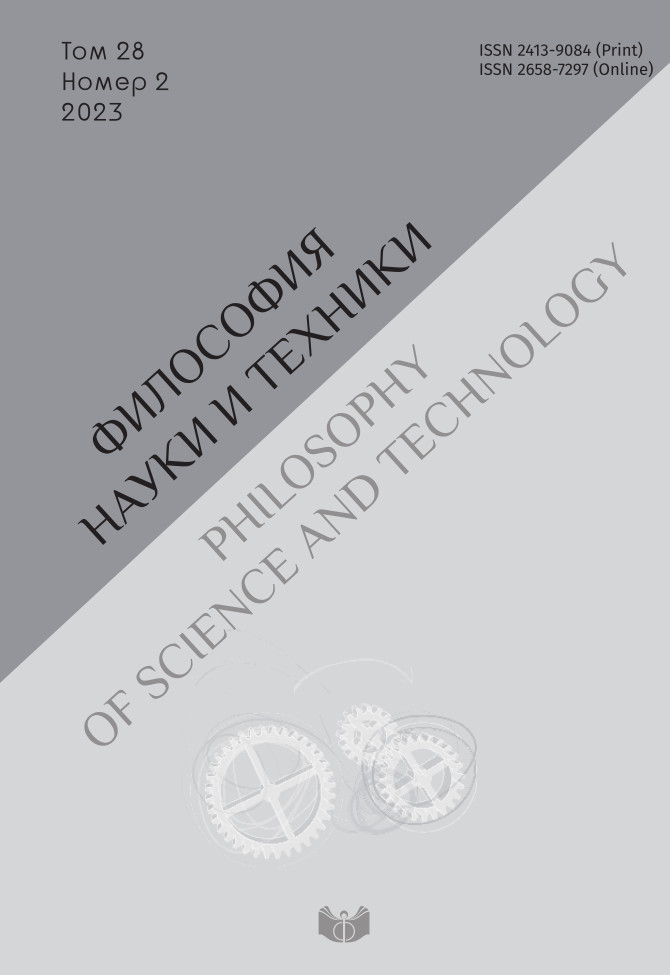I believe because it has been repeated: D. Hume’s belief and the illusory truth effect
DOI:
https://doi.org/10.21146/2413-9084-2023-28-2-37-48Keywords:
illusory truth effect, belief, D. Hume, repetition, habitAbstract
The illusory truth effect is becoming a particularly relevant field for cognitive research today. Meanwhile, the conclusions that researchers draw from numerous experiments refer mainly to single discrete “truths” that can be viewed independently of one another. The present study takes into account the emergent nature of subjective knowledge, since it is such knowledge that can be evaluated in the categories of certainty and doubt. It seems that this will allow to expand and complement ideas about the principles of belief formation in separate constituent parts of “knowledge”. David Hume’s analysis of “A Treatise of Human Nature” and “An Enquiry into Human Understanding” presents the necessary theoretical tools for this. The analysis of Hume’s conception of “belief” through the dynamic (differing in degree) characteristics of “strength” and “vividness” leads to the conclusion that belief can be seen as an inner sensation, that is, as a subjective characteristic of knowledge. Among other things, it is pointed out that conviction through mechanisms of association will be communicated to abstract ideas as well. The greater the number of reinforcing beliefs, the stronger the belief in the abstract idea, which is reinforced by primary ideas derived from impressions. But in the end, the abstract idea itself begins to translate the “credibility” (that is, to generate belief) to the information to which it is applied. For the concept of the illusory truth effect, this may mean that in some cases our conviction of a particular non-truth will encourage us to further resist or refuse to accept the truth, even when we encounter it directly through the senses or through logical inference.











